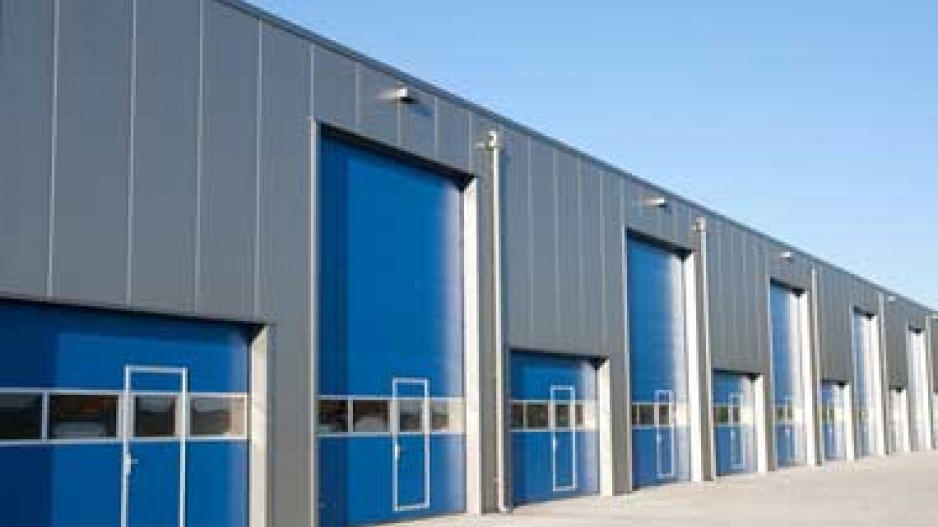Industrial concern
A new year has dawned, bringing with it some old issues.
The past decade has seen repeated studies of Metro Vancouver’s industrial land base; now, another round of studies and statistics say we’re on the brink of running out of developable land.
The topic is set to be a hot one this year as Port Metro Vancouver inches toward the expansion of its facilities at Roberts Bank and elsewhere.
The port has been banking strategically located waterfront land along the Fraser River in recent years with an eye to its future needs, and it recently commissioned a study from Site Economics that underscores the limited supply of industrial sites in the region.
“The vacant logistics land supply is estimated to be 1,067 acres and absorption is well over 100 acres per year,” the study noted. “Without land to develop, it will be very difficult for [Port Metro Vancouver] and the gateway to support the growth in container handling within the region.”
Site Economics suggests that the economic impact of the constraints could be felt as early as 2020, culminating in 2025 with the exhaustion of the available supply of industrial land.
The study reiterates the conclusions of previous studies by the commercial real estate association NAIOP and Metro Vancouver, which in 2012 noted that the region had approximately 6,600 acres available for industrial development.
“There’s a finite amount that’s left,” said Gaëtan Royer, manager of metropolitan planning, environment and parks, for Metro Vancouver at the time. “If we continue to build single-storey, tilt-up concrete warehouses we’re going to run out ... somewhere between 2020 and 2024.”
Supplies are tight enough that land values have risen accordingly, so much so that demand for existing buildings has risen because developing from scratch doesn’t pencil out given lease rates (something that could change as demand for space in the U.S. increases lease rates south of the border, giving landlords here the space needed to boost rates despite a soft market in Calgary, the region’s primary competitor).
“An owner-occupier is often willing to pay more for a building than a developer will pay for the dirt,” remarked Avison Young’s latest review of Vancouver industrial markets.
“There’s no such thing as cheap land,” said Russ Bougie, a principal with Avison Young who specializes in industrial sales and leasing. “It’s a tight land market across the board, and there’s just very little available for sale.”
Rating interest
Tight supplies of industrial land point to another major trend for 2016: blockbuster valuations for investment transactions.
With sale prices for sites such as the Molson property at the south foot of the Burrard Street bridge and a property in the 400-block of Prior Street adjacent to the future St. Paul’s Hospital redevelopment outstripping assessments, year-end tallies for investment sales are likely to bust through records. Sales of purpose-built rental properties are set to exceed $1.5 billion, and the momentum shows no signs of stopping in 2016. With low interest rates and even lower supplies of available product, off-market transactions fuelled by cash-rich buyers and cheap debt promise to keep the investment market on the boil.
Vancouver is the top market for lenders in 2016, according to CBRE Ltd., which found 80% of the players have a strong appetite to lend here, and another 10% have a moderate appetite.
The market is considered a safe bet, for many of the reasons that industrial space is seeing strong demand: a limited supply of assets available to purchase, limited space for new development, and the fundamental need for space that’s in short supply.
With businesses showing an abundance of caution, it seems likely that Vancouver will capitalize on its reputation for safety in 2016 and be a safe haven for the world’s riches. •




